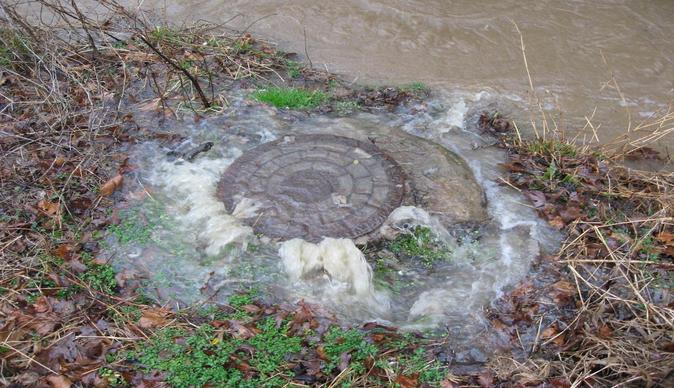Bulawayo councillors have called on the engineering department to come up with permanent solutions to the perennial sewer bursts in the city, citing residents are being exposed to waterborne diseases. Councillors Sikhululekile Moyo and Tinevimbo Maphosa for Ward 17 and 21 respectively, called out council management for not prioritising the issue. The councillors registered their […]

